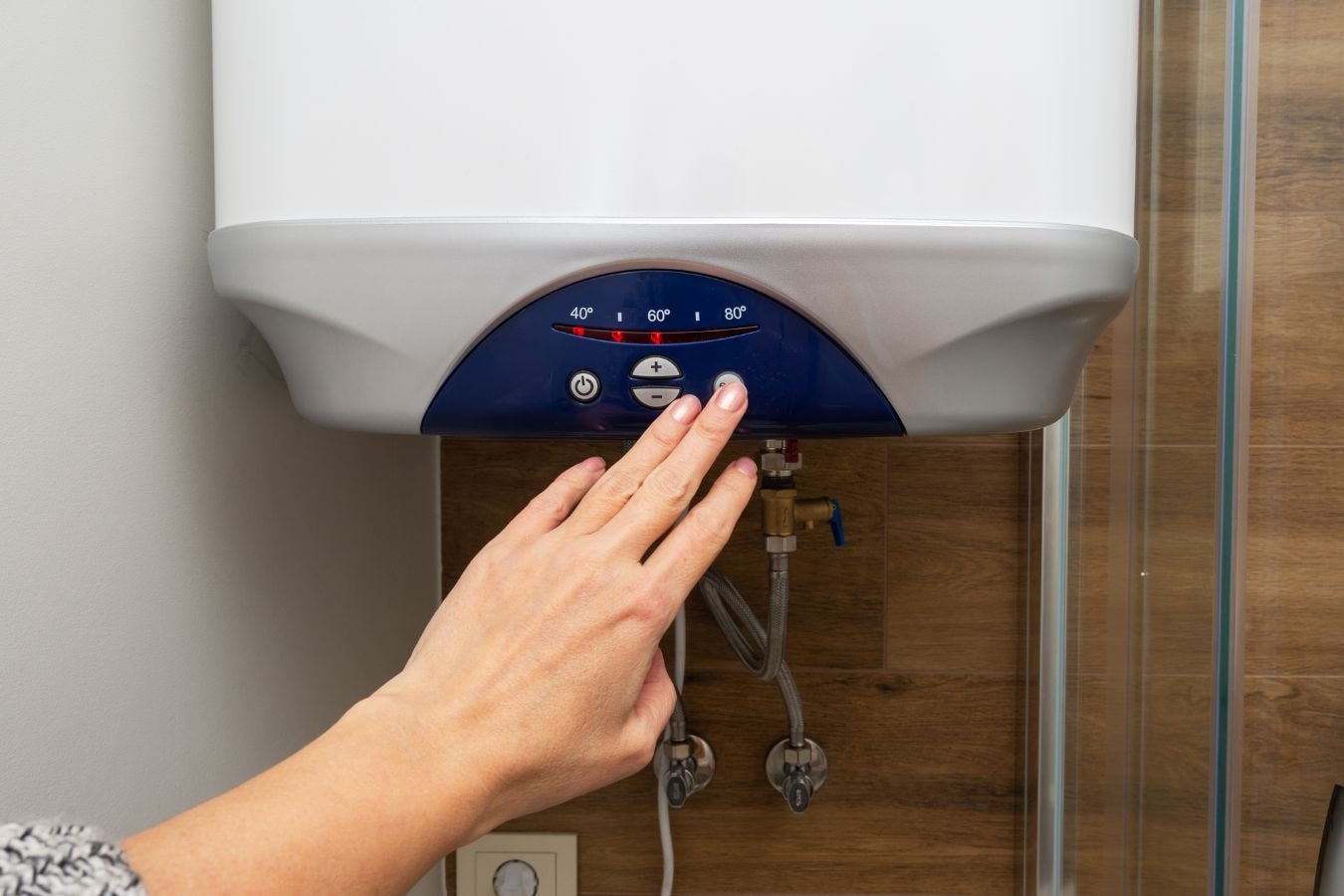
Water Heater Repair & Installation Tips for 2025: A Complete Guide
In the world of home essentials, water heaters rarely get the spotlight they deserve—until that first icy shower hits on a winter morning. Whether you’re building a new home, replacing an aging unit, or simply trying to understand the mysterious tank in your basement, choosing a water heater that meets the needs of the customers is crucial. This guide will walk you through everything you need to know about water heaters.
Introduction to Water Heaters
Water heaters are an essential component of any household, providing hot water for bathing, cleaning, and cooking. With the rising cost of energy, it’s crucial to choose a water heater that is energy efficient and meets your family’s needs. There are different types of water heaters available, including tankless water heaters, storage tank water heaters, and heat pump water heaters. When selecting a new water heater, consider factors such as energy efficiency, cost, and space requirements to ensure you find the right model for your home.
Key Takeaways
-
Understanding different water heater types (tank vs. tankless, electric vs. gas) helps you make an informed choice based on your household needs and space constraints.
-
Regular maintenance isn’t just a suggestion—it’s essential to achieve the full lifespan of your water heater and maintain its efficiency.
-
Modern water heaters offer significant energy savings, especially tankless models that heat water on demand rather than continuously.
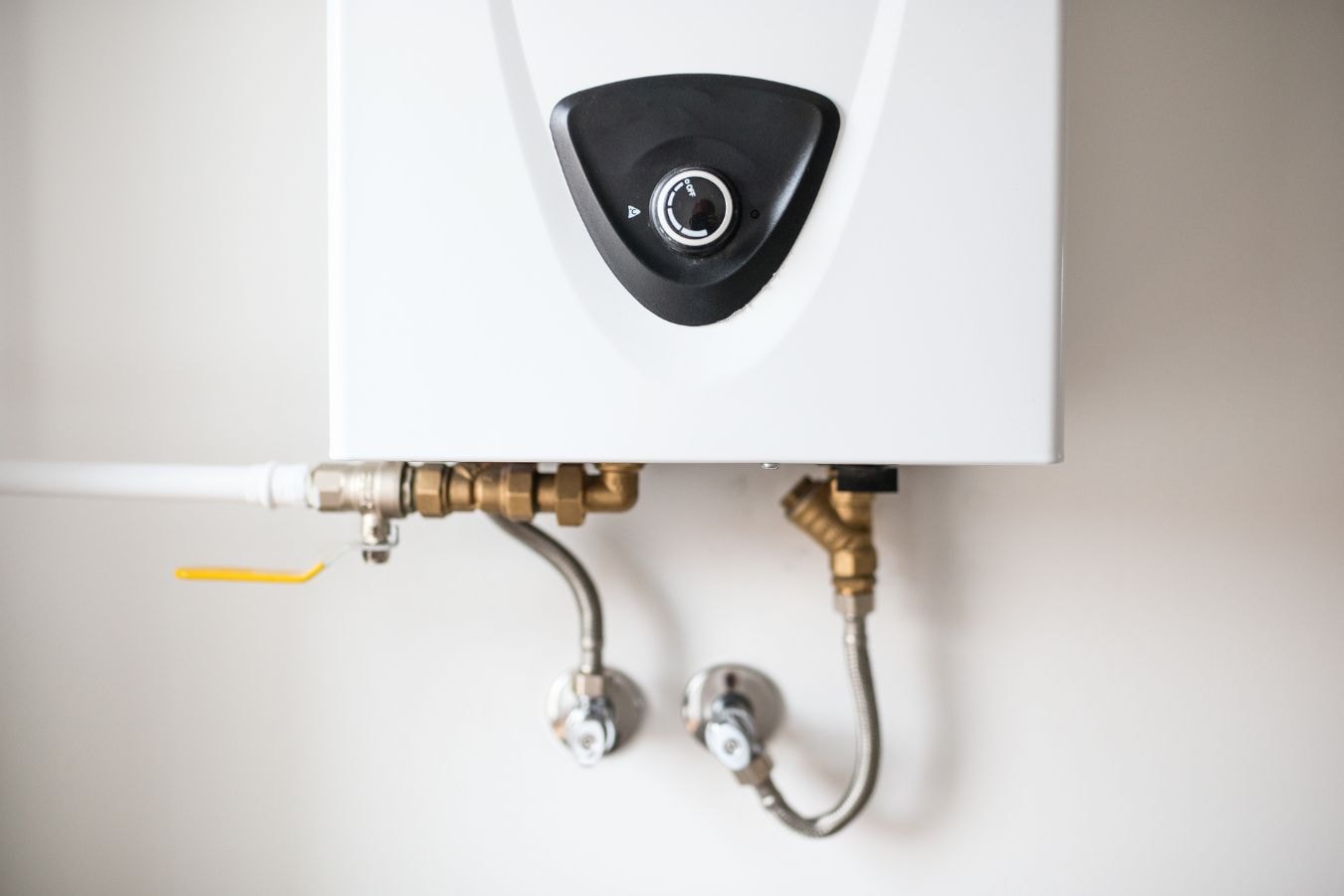
What Types of Water Heaters Are Available Today?
Should You Choose a Tank or Tankless Water Heater?
The age-old debate between traditional tank heaters and newer tankless models comes down to your specific household needs.
Traditional tank water heaters are what most of us grew up with—large cylinders that store and heat 30-80 gallons of water at once. They typically last 10-15 years and come in both electric and gas varieties. Their biggest advantage? They can handle multiple hot water demands simultaneously (morning showers, dishwasher, and laundry all running at once).
Tankless water heaters have gained popularity for good reason. These compact units are designed to heat water on demand as it flows through the system, without storing it. With a lifespan often exceeding 20 years, they offer:
-
Endless hot water (never run out during a shower)
-
Space-saving design (about the size of a carry-on suitcase)
-
Energy efficiency (up to 34% more efficient for homes using 41 gallons or less daily)
The catch? Tankless heaters have flow limitations (typically 2-5 gallons per minute), which means they might struggle when you’re running multiple hot water appliances simultaneously. They’re also more expensive upfront, though many homeowners recoup costs through energy savings.
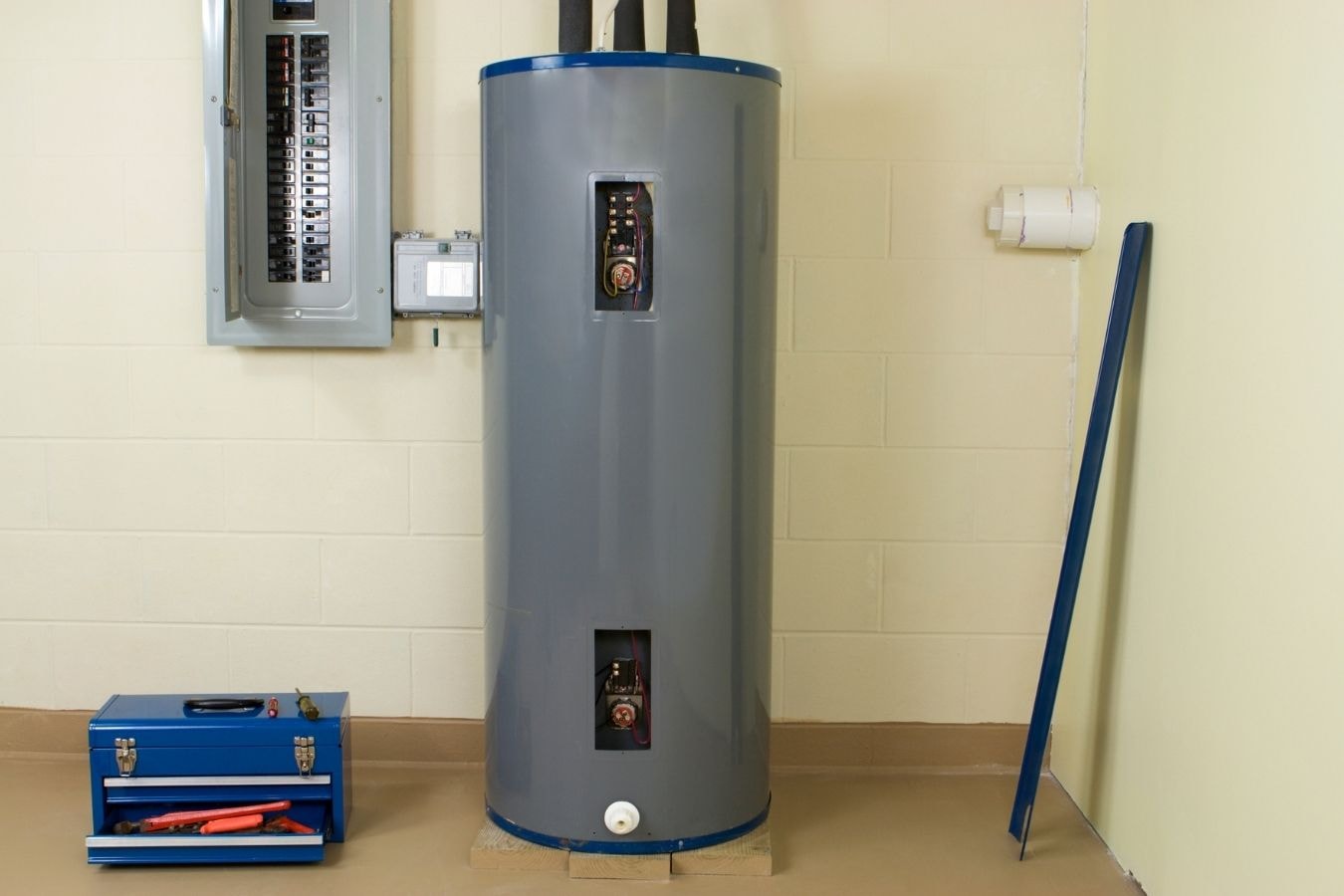
Is an Electric or Gas Water Heater Better for Your Home?
Both tank and tankless water heaters come in electric and gas models, each with distinct advantages:
Electric water heaters offer:
-
Lower upfront installation costs (no gas line needed)
-
Longer average lifespan
-
Zero combustion safety concerns
-
Easy installation almost anywhere
The downside? They often result in higher monthly energy bills, especially in areas with expensive electricity rates.
Gas water heaters provide:
-
Lower operating costs in most regions
-
Faster water heating
-
Better performance in cold climates
-
Operation during power outages (for models with standing pilots)
The tradeoffs include higher installation costs (particularly if you need to run a gas line), shorter lifespans on average, and the need for proper ventilation. Gas tankless water heaters are particularly popular for their efficiency and performance, with Navien being the top manufacturer in North America, offering both condensing and non-condensing models.
What About Specialty Water Heaters for Unique Needs?
Beyond standard residential models, several specialty water heaters serve specific needs:
-
Heat pump water heaters use electricity to move heat from the air to the water, rather than generating heat directly, making them 2-3 times more energy-efficient than conventional electric models.
-
Solar water heaters harness the sun’s energy to reduce water heating costs by 50-80%.
-
Condensing water heaters capture heat from exhaust gases that would normally be vented outside, making them more efficient for homes with high hot water demand. Non-condensing tankless water heaters are also suitable for exterior installations, featuring efficient performance and built-in recirculation pumps tailored for outdoor environments.
Hot Water Usage and Demand
Hot water usage and demand vary depending on the size of your household, climate, and personal preferences. On average, a family of four uses around 200-300 gallons of hot water per day. To determine your hot water demand, consider factors such as the number of people in your household, the number of bathrooms, and your washing machine and dishwasher usage. This will help you choose a water heater that can provide enough hot water to meet your needs. Tankless water heaters, for example, can provide a continuous flow of hot water, making them ideal for large households or households with high hot water demand.
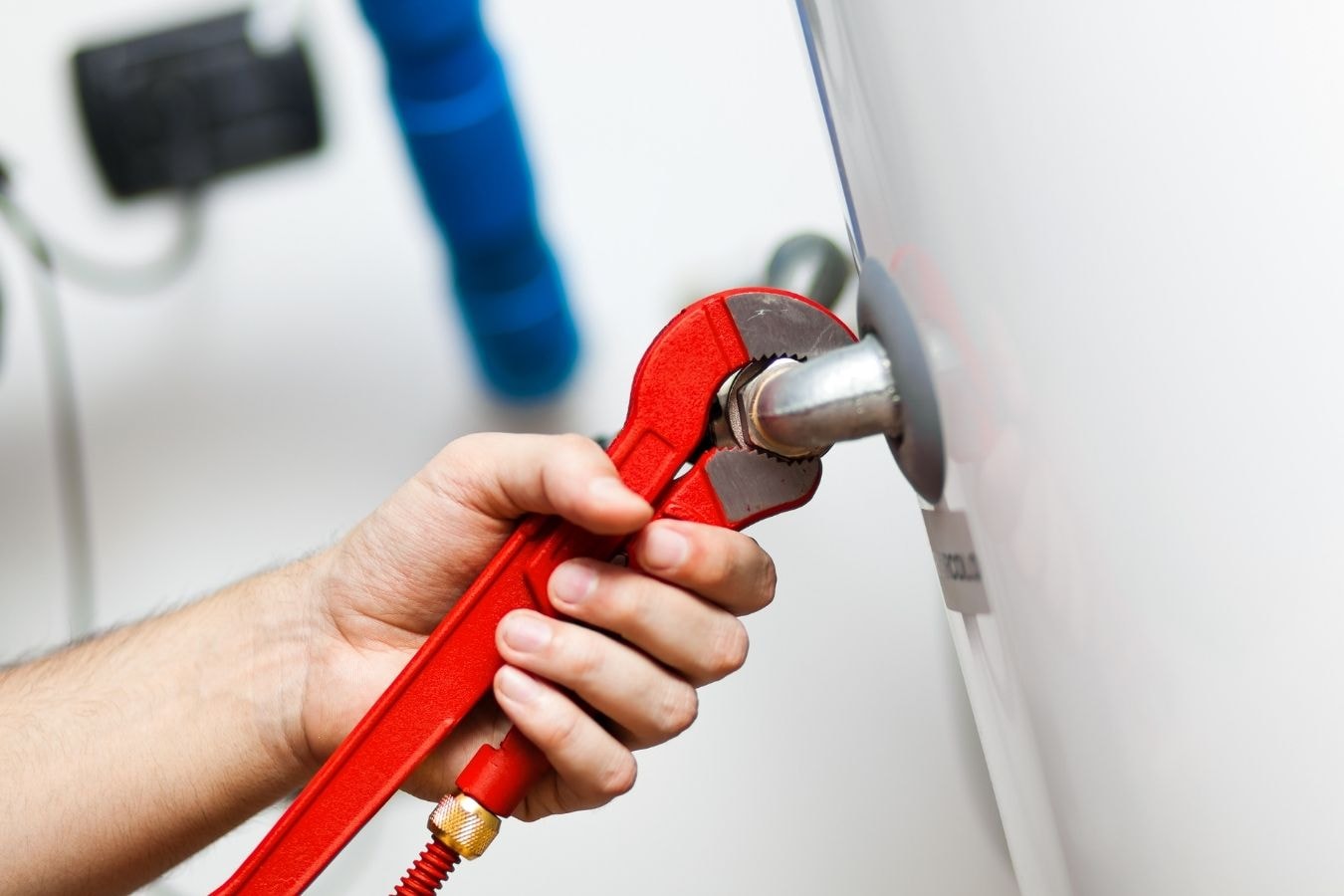
Why Should You Hire a Professional for Water Heater Installation?
While DIY projects can be tempting, water heater installation isn’t one to tackle without experience. No matter the situation, professional installation ensures:
-
Proper sizing for your household’s needs
-
Compliance with local building codes and safety regulations
-
Correct venting (for gas models)
-
Valid warranty protection
If you’re in the Grass Valley or Nevada City area, local plumbers like Principled Plumbing offer specialized installation services. Even the most efficient water heater won’t perform properly if installed incorrectly.
How Can You Extend Your Water Heater's Life Through Maintenance?
Regular maintenance isn’t just about avoiding cold showers—it’s about ensuring a continuous and reliable heated water supply, extending your water heater’s life, and maintaining efficiency. Here’s what every homeowner should know:
What Annual Maintenance Tasks Should You Perform?
Once a year, schedule these simple maintenance tasks:
-
Inspect the temperature and pressure relief valve —this critical safety device prevents dangerous pressure buildup. Test it by lifting the lever and allowing it to snap back, which should release a burst of hot water into the drain tube.
-
Check the anode rod —this sacrificial component prevents tank corrosion. If it's less than 1/2 inch thick, heavily corroded, or coated with calcium, it's time for a replacement.
-
Examine temperature settings —keeping your water heater at 120°F provides adequate hot water while preventing scalding and reducing energy consumption.
How Do You Flush a Water Heater Tank Properly?
Sediment buildup is the enemy of water heater efficiency and longevity. Flushing your tank annually removes this buildup:
-
Turn off the power (circuit breaker for electric, gas valve for gas models) and allow water to cool.
-
Connect a garden hose to the drain valve at the bottom of the tank, with the other end positioned at a drain or outside.
-
Close the cold water supply valve to the water heater.
-
Open a hot water faucet somewhere in your home to prevent vacuum formation.
-
Open the drain valve and allow the tank to empty completely.
-
With the drain valve still open, briefly open and close the cold water supply a few times to stir up and flush out remaining sediment.
-
Close the drain valve, disconnect the hose, open the cold water supply, and restore power once the tank is full.
If you encounter a completely clogged drain valve or other complications, it's time to call a professional.
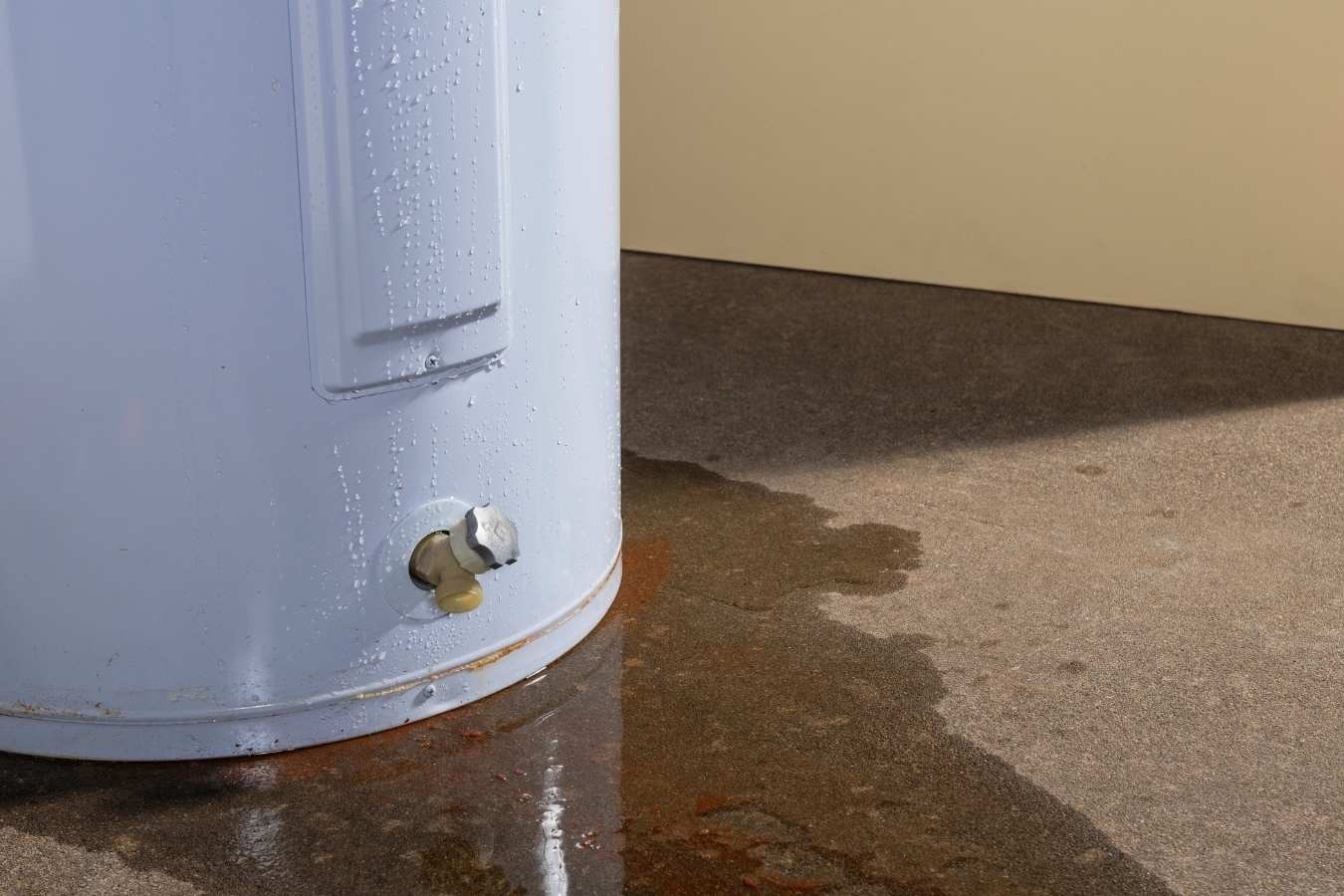
Water Heater Safety and Precautions
When installing or maintaining a water heater, it’s essential to take safety precautions to avoid accidents and injuries. Ensure that your water heater is installed by a qualified professional, and follow the manufacturer’s instructions for maintenance and repair. Regularly check your water heater for signs of wear and tear, such as leaks or rust, and replace it if necessary. Additionally, consider installing a temperature and pressure relief valve to prevent scalding and explosions. By taking these precautions, you can ensure a safe and efficient water heating system.
How Can You Save Money on Water Heating Costs?
Water heating typically accounts for about 18% of home energy use, and choosing an energy-efficient water heater can save more money in the long run, making efficiency improvements particularly worthwhile.
What Simple Upgrades Can Cut Your Water Heating Bills?
These affordable measures can significantly save money on water heating costs:
-
Insulate hot water pipes to reduce heat loss and allow lower temperature settings.
-
Install low-flow fixtures (showerheads and faucet aerators) to reduce hot water consumption by up to 60%.
-
Use a timer (for electric models) to heat water only when needed.
-
Lower the thermostat to 120°F—each 10-degree reduction saves 3-5% on water heating costs.
-
Fix leaky faucets —a faucet dripping once per second wastes 1,661 gallons of water per year.
When Is It Time to Replace Your Water Heater?
Most homeowners only think about their water heater when something goes wrong. Tankless water heaters are highly efficient, producing hot water on demand and conserving energy. Here’s how to recognize when replacement makes more sense than repair:
What Warning Signs Indicate Your Water Heater Is Failing?
-
Age —if your tank model is over 10-15 years old or your tankless unit is beyond 20 years, it’s living on borrowed time. A. O. Smith, a leading manufacturer in the water heating industry, emphasizes their commitment to quality and innovation.
-
Rusty water coming from hot taps suggests internal tank corrosion.
-
Rumbling or banging noises indicate severe sediment buildup.
-
Visible leaks around the base of the tank usually signal a serious problem.
-
Increasingly frequent repairs suggest declining reliability.
-
Rising energy bills without increased usage point to efficiency loss.
How Do You Choose the Perfect Replacement Water Heater?
When selecting a replacement:
-
Assess your household needs —consider how many people live in your home, your simultaneous hot water usage, and available space. Choosing the right type of water heater, such as tankless, electric, or hybrid heat pump models, is crucial for meeting your household needs efficiently.
-
Calculate lifecycle costs —look beyond the purchase price to include installation and estimated energy costs over the unit’s lifetime.
-
Consider energy efficiency ratings —look for ENERGY STAR certification and review the Energy Factor (EF) or Uniform Energy Factor (UEF) ratings.
-
Evaluate space requirements —tankless models open up options for homes with limited space.
Troubleshooting Common Issues
Common issues with water heaters include leaks, rust, and faulty thermostats. To troubleshoot these issues, start by checking the temperature and pressure relief valve to ensure it’s functioning properly. Next, inspect the water heater for signs of leaks or rust, and replace any damaged or corroded parts. If your water heater is not producing enough hot water, check the thermostat and adjust it as needed. Additionally, consider checking the fuel source and ensuring that it’s functioning properly. By troubleshooting common issues, you can extend the life of your water heater and ensure a safe and efficient water heating system.
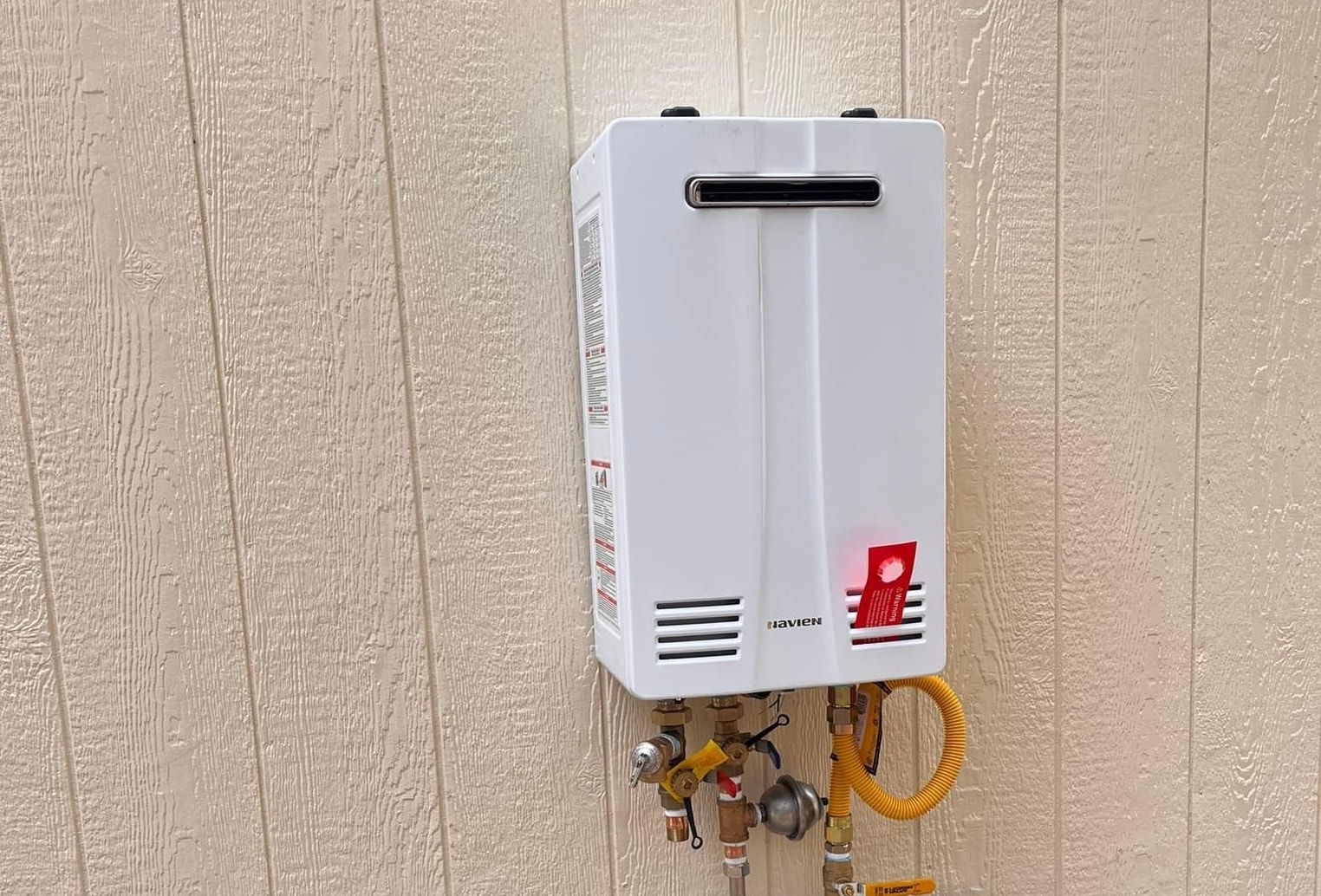
Why Are Modern Water Heaters Worth the Investment?
Today’s water heaters offer a remarkable variety of options to meet different needs, providing significant advantages over models from even a decade ago:
-
Improved energy efficiency translates to lower utility bills and reduced environmental impact.
-
Enhanced safety features provide better protection against temperature and pressure issues.
-
Smart technology in newer models allows remote monitoring and control via smartphone apps.
-
Better insulation reduces standby heat loss in tank models.
-
Longer warranties reflect improved reliability and durability.
Final Thoughts
Your water heater works silently in the background until it doesn't—and that's precisely why understanding your options, maintaining your current system, and recognizing when to upgrade are so important. With proper care, the right water heater will provide years of reliable service and comfort.
Whether you choose the continuous supply of a tankless model or the simultaneous capacity of a traditional tank, the most important factors are selecting the right size for your household needs and maintaining it properly once installed.
Take the time to assess your hot water usage patterns, understand the available options, and consult with professionals when needed. Your future self (enjoying that perfectly hot shower) will thank you.
Frequently Asked Questions
How often should I perform maintenance on my water heater?
For most households, annual maintenance is sufficient. This should include checking the pressure relief valve, inspecting the anode rod, and flushing the tank to remove sediment.
What are the clearest signs that my water heater needs replacement?
Look for age (over 10-15 years for tank models), rusty water, persistent leaking around the base, rumbling noises, or a sudden inability to produce sufficient hot water.
What's the real difference between tank and tankless water heaters?
Tank water heaters store and continuously heat a large volume of water, while tankless models heat water on demand as it flows through the unit. Tankless models are more energy-efficient and space-saving but have flow limitations, while tank models handle multiple simultaneous uses better.
Are electric water heaters better than gas models?
Neither is universally "better"—electric models offer easier installation and lower upfront costs, while gas models typically provide lower operating costs and faster heating. Your best choice depends on your home's existing infrastructure, local utility rates, and personal preferences.
What's the simplest way to reduce water heating costs?
Lowering your water heater's temperature to 120°F is the easiest step with immediate savings. Adding insulation to your water heater and pipes is another high-value, low-effort improvement.